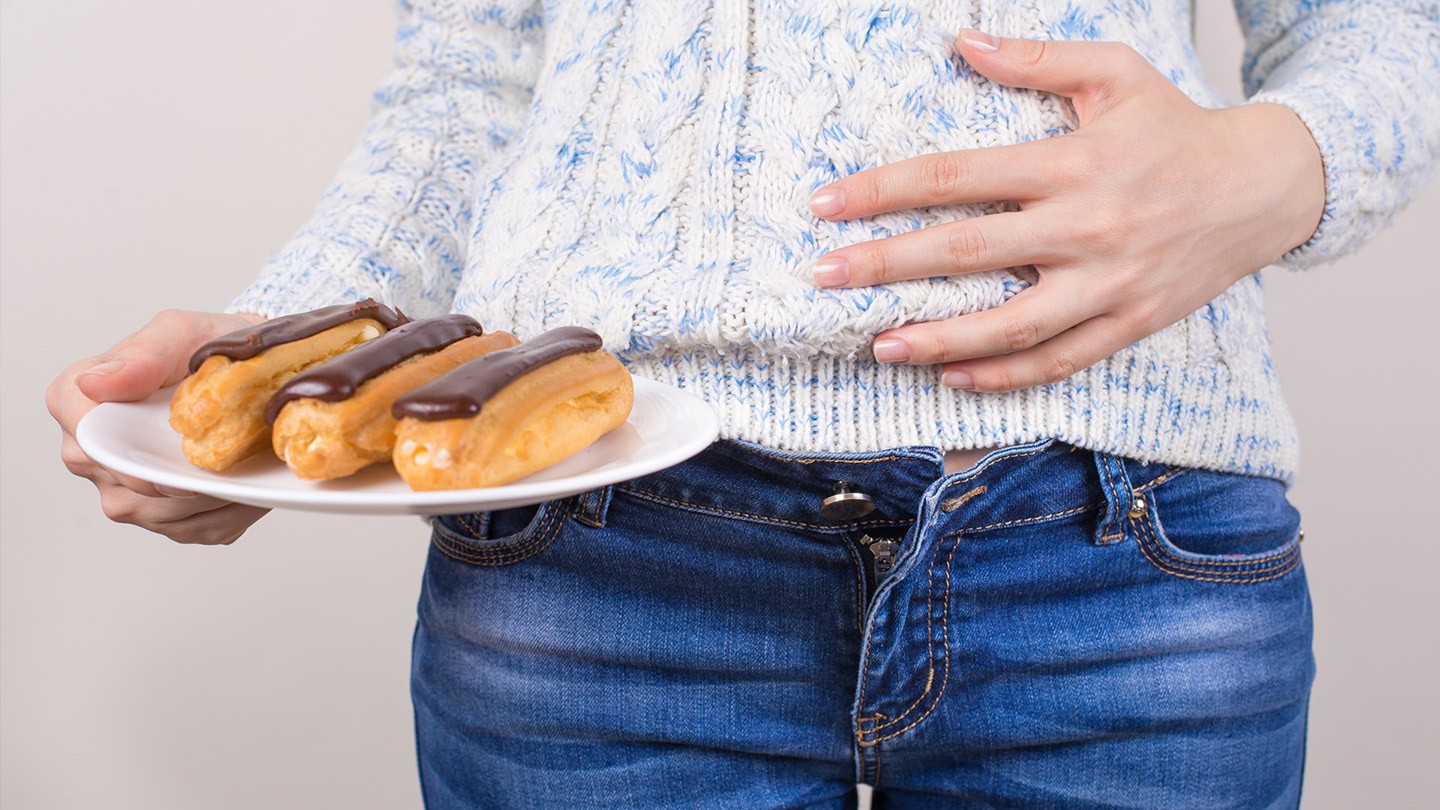Medical
How to Handle That Holiday Meal-Indigestion-Free
Festivities involve feasting, but indigestion can put a wrench in your delicious plans. Here are some tips for better digestion if you are looking for what to do after a heavy meal.

The way to people’s hearts is through their stomachs, as the saying goes. Good food never fails to bring people together, and eating together can be a wonderful moment of human connection and celebration. So it is no wonder that a big part of the holiday season is all the delicious food and the pleasure of family mealtimes. From tasty appetisers to the mouthwatering mains, a full belly and a fuller heart make for a pleasant time.
But the indigestion that often comes in the wake of a festive meal is decidedly less pleasant. Things such as bloating, abdominal pain, and heartburn can cause significant irritation. Digesting a heavy meal can also cause drowsiness. Taking measures such as chewing properly and eating slowly can help, but if you are wondering what helps digestion after a big meal this festive season, here are some tips.
Tips to ensure better digestion after a big festive meal
- Relax: Stress can worsen digestive problems. Your gut and brain are connected, and research such as a review article published in Journal of Physiology and Pharmacology presents that stress shows both short and long-term effect on the functions of the gastrointestinal tract, and exposure to stress can lead to the development of a variety of gastrointestinal disorders. Deep breathing can be a helpful tool to reduce stress levels. Try Vajrasana, an easy yoga pose to do after meals that can improve your digestion.
- Take a Walk: Go for a short 5 to 10 minute walk if you feel too full after a meal. Gentle activity can help with the process of digestion and regulate blood sugar levels. But be careful not to exert yourself too much, as heavy exercise on a full stomach can have the opposite effect.
- Do Not Lie Down Immediately Post-Meal: In her book Kitchen Clinic: Good Health Always with Charmaine, nutritionist Charmaine D’Souza advises, “Do not lie down right after eating. Wait at least three hours after the last meal of the day before going to bed.” Sleeping on your left side or with your head elevated can also help with heartburn and acid reflux. Eating in an upright position can also help with faster gastric emptying, according to a study published in Applied Physiology, Nutrition, and Metabolism.
- Wear Loose-fitting Clothes: The pressure that tight clothing puts on the stomach can cause acid reflux. According to a 2000 study published in Journal of Physiological Anthropology and Applied Human Science, pressure from clothing has an inhibitory effect on the absorption of dietary carbohydrate in the small intestine. Wearing loose fitting clothes could reduce discomfort and improve digestion.
- Cut Down on Smoking and Alcohol: On indigestion prevention, D’Souza suggests, “Smokers should consider quitting smoking, or at least not smoking right before or after eating, as smoking can irritate the stomach lining.” Research shows that smoking has a connection with acid reflux. “Cut back on alcohol consumption”, she continues.
EXPLORE MORE
The start of the year is the perfect time to reset your health. These screenings can catch silent risks early and help you plan a healthier 2026.
Struggling to conceive with PCOS? The problem isn’t you, it’s PCOS. Here’s what to know.
A sprain isn’t “just a sprain.” Here’s what your ankles wish you knew.
Your body whispers before it screams. Here are the early heart disease warning signs most people overlook until it’s too late.









.jpg)
